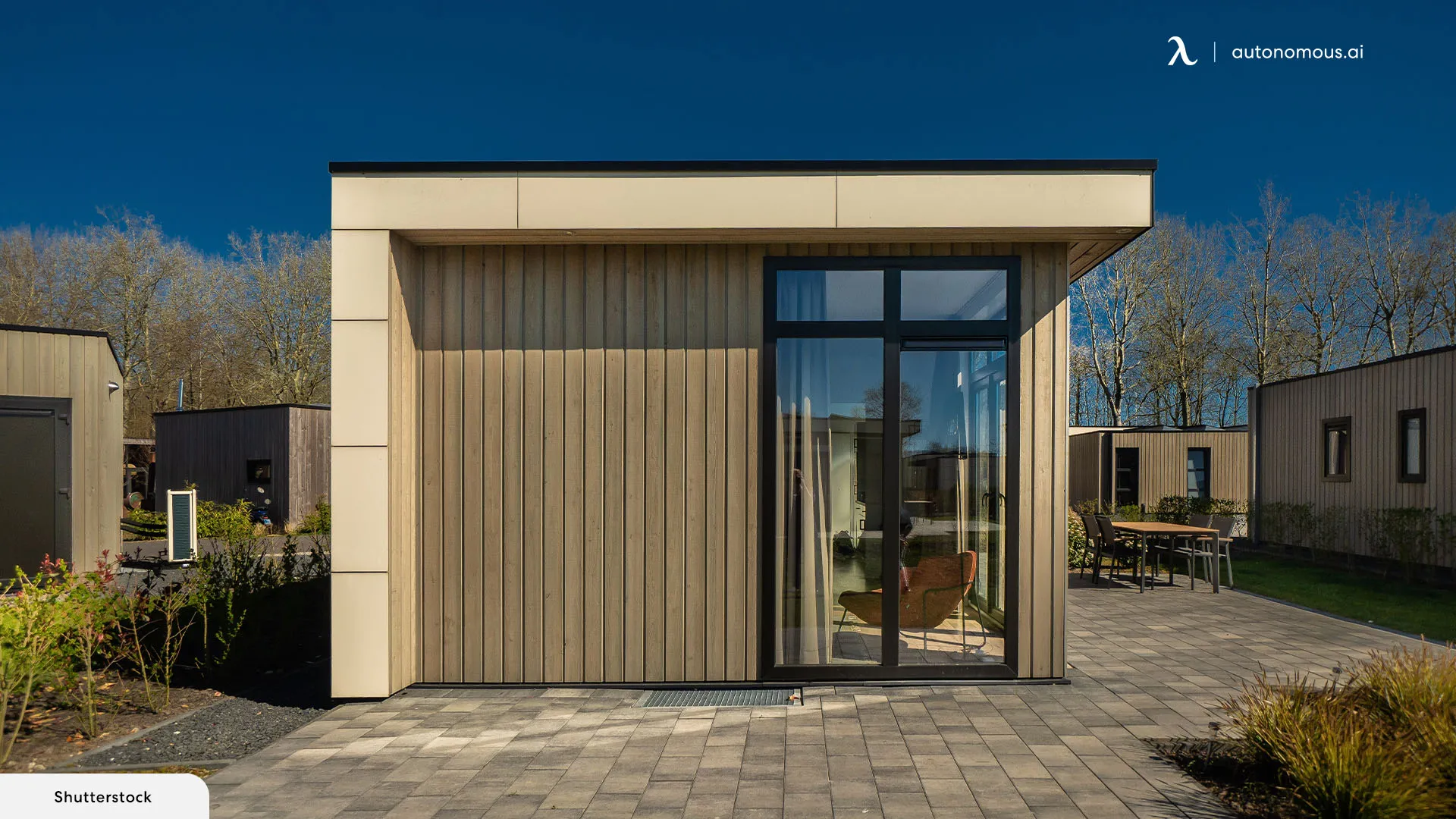
Understanding Tiny Houses and ADUs in Miami
Table of Contents
In the radiant landscapes of Florida, where hurricanes dance with the breeze, a unique story of dwelling unfolds. Explore the world of hurricane-proof houses and modern living with prefab ADUs. Beyond shelter, discover the profound ADU meaning—a lifestyle choice that embraces sustainability. Uncover the innovations in ADU appliances, where every inch is maximized for comfort and convenience. Join us on a journey where architecture meets adaptability, and homes become statements of resilience amid the unpredictable beauty of Florida. Welcome to the narrative where hurricanes spark innovation, and dwelling takes on a captivating new meaning in the form of an accessory dwelling unit in Florida.
Does Miami Allow Tiny Houses and ADUs?
Understanding the rules for tiny houses and Accessory Dwelling Units (ADUs) in Miami isn't straightforward, as different types may have different regulations. Let's break it down:
Tiny houses and ADUs are small, self-contained homes that people use for different reasons, like housing family, friends, or tenants, making extra money, or adding value to their property. Tiny houses can be on wheels or foundations, and ADUs can be attached or detached from the main house. Both need their own kitchen, bathroom, and entrance.
They come with perks like saving money, being eco-friendly, and giving more flexibility, but there are challenges too, like dealing with ADU rules, finding a good spot, and getting used to less space.
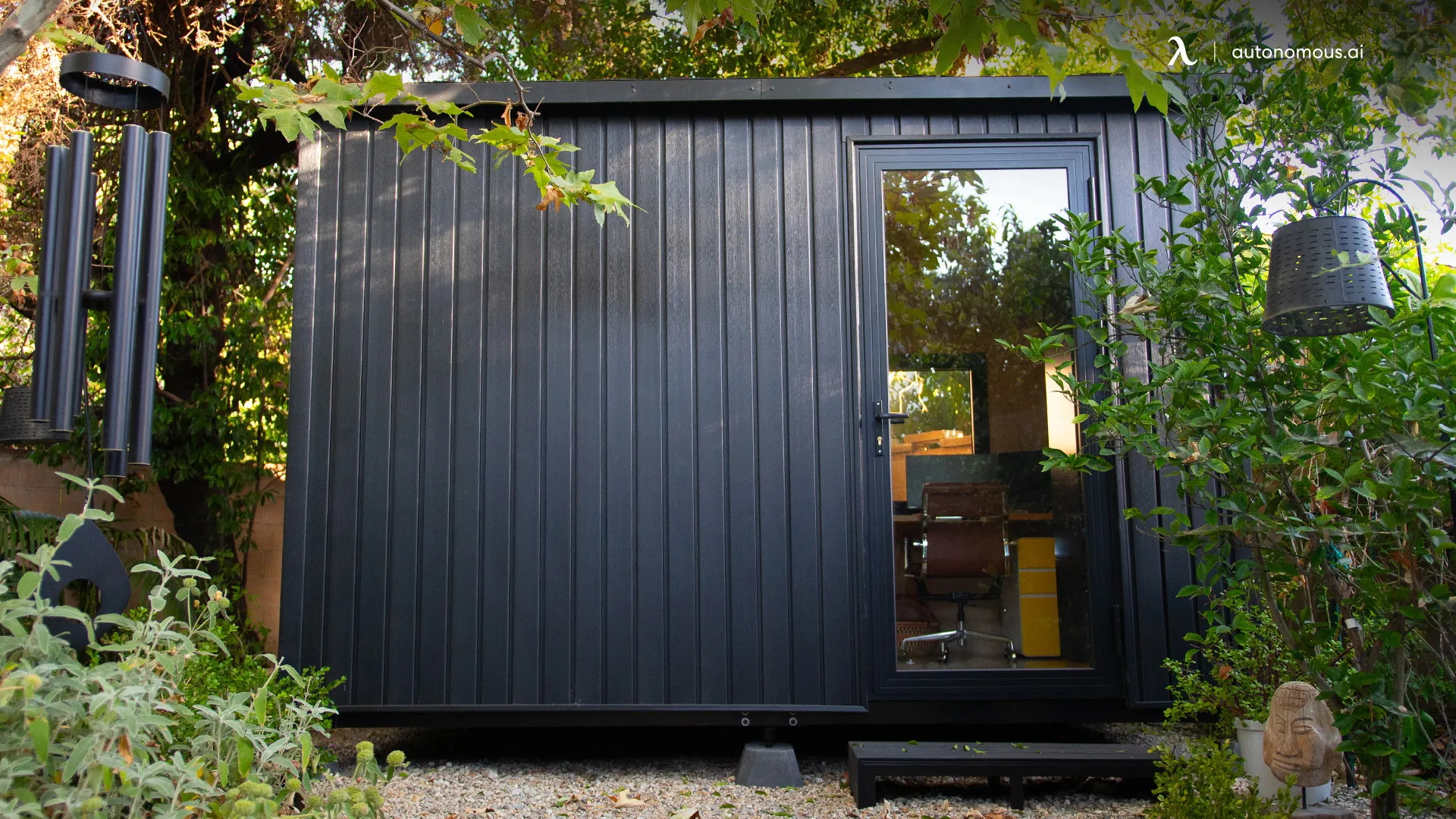
Tiny homes in Miami Florida are allowed on single-family lots under specific conditions. The house has to be at least 400 square feet, and the lot must be at least 5,000 square feet. It also has to follow setback rules, and it can't take up more than 30% of the whole lot.
For areas with risks like floods or hurricanes, extra rules apply. The house needs a secure foundation, proper connections for utilities, and compliance with specific vehicle regulations if it's on wheels. Miami tiny houses on wheels can't be permanent homes, but they can be temporary or extra structures, following state vehicle rules.
ADUs are accepted in certain zones, but they must meet certain standards - like minimum lot size, maximum floor area, parking rules, and setback rules. Getting the right permits and approvals from authorities is a must.
In simple terms, Miami is okay with tiny houses and ADUs, but there are rules to follow. It's a balance between trying new living ideas and making sure everything meets the guidelines, giving people a chance to explore different housing options.
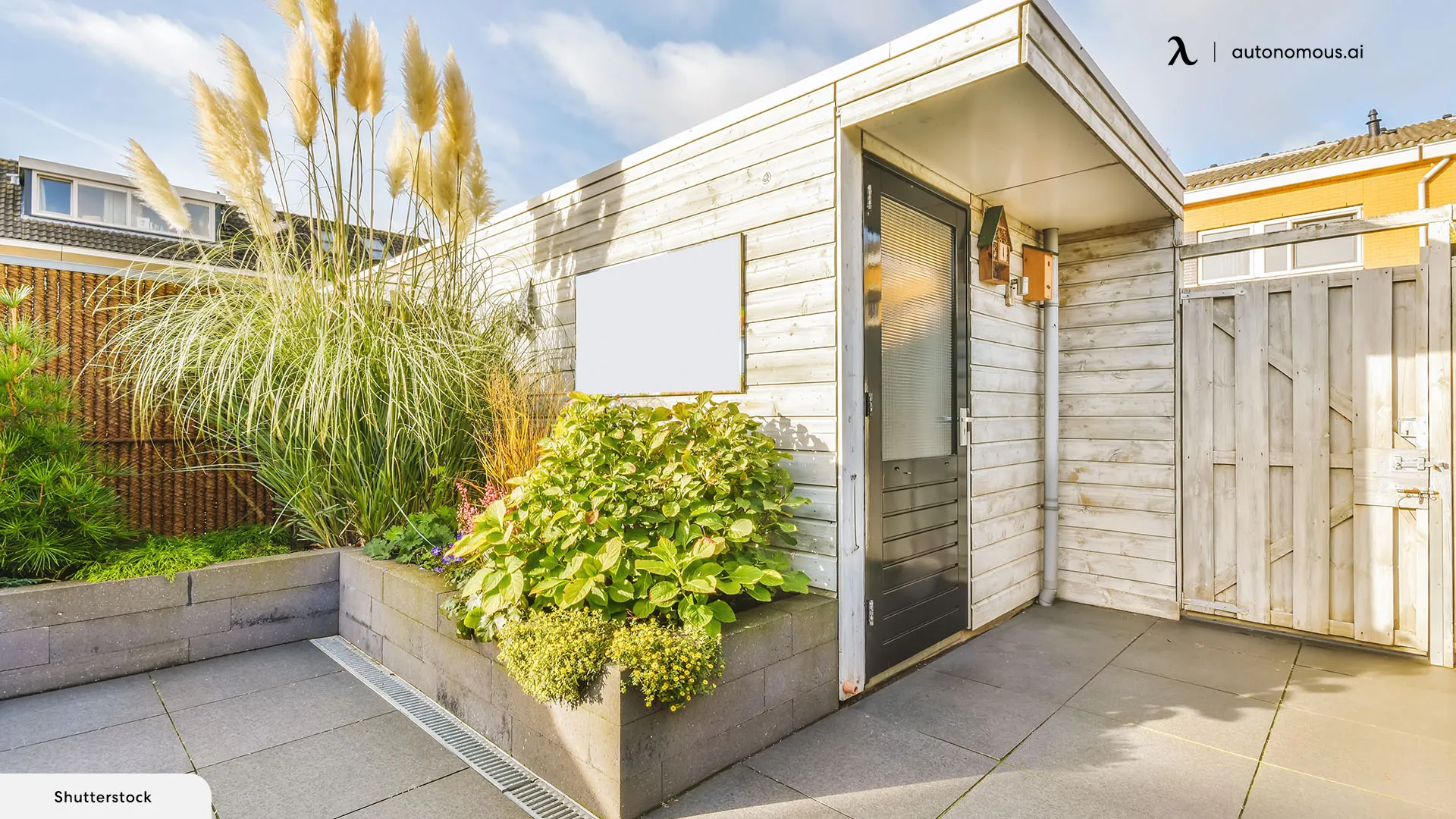
What Are the Factors That Determine If You Can Have a Tiny Home in Miami?
If the idea of having a tiny home on your Miami property piques your interest, understanding the specific rules and regulations governing this unique housing option is paramount. A crucial aspect to grasp is that your tiny home must qualify as a Secondary Dwelling Unit (SDU) within Miami-Dade County. The definition of an SDU is clear:
"An independent living space complete with its own private bathroom, kitchen, and entrance. This unit can be incorporated within an existing single-family home, attached as an addition to the primary residence, or constructed as a separate building on the same lot."
Beyond this definition, several requirements must be met for you to establish an SDU on your property:
- The size of the house must not exceed 400 square feet.
- The lot should be at least 5,000 square feet in area.
- The house's footprint must not surpass 30% of the total lot area.
- Compliance with all setback requirements from property lines is mandatory.
- Proper registration of the house with the county and obtaining the necessary permits are essential.
Adhering to these guidelines ensures the legality and compliance of your tiny home with county regulations. Having an SDU on your property brings forth several advantages, including extra living space, potential income, and increased property value. However, it's equally important to be prepared for the challenges and costs associated with the construction and maintenance of a tiny home in the vibrant city of Miami.
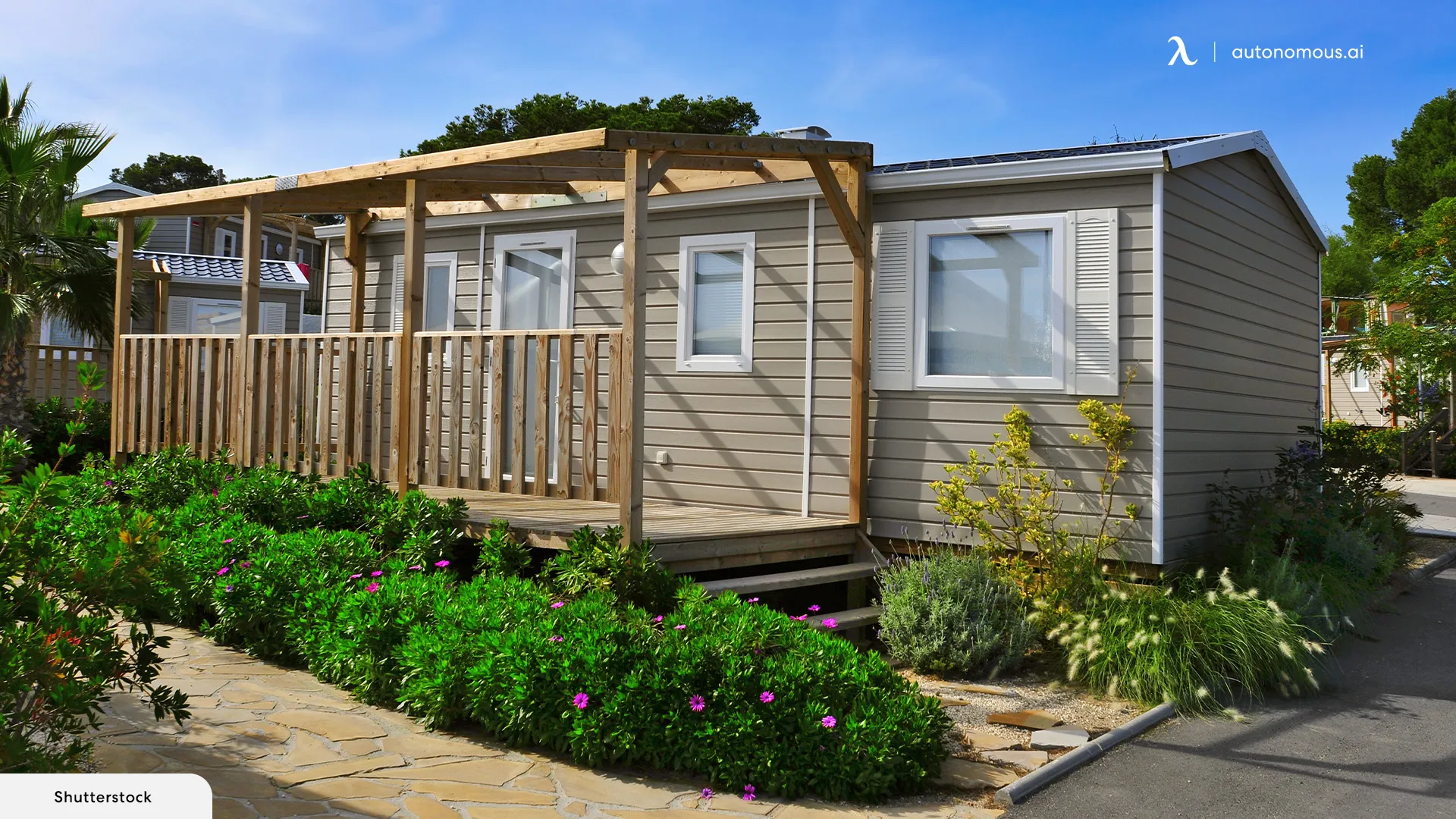
Is Having an ADU in Miami Worth It?
Whether or not having an ADU in Miami is worth it depends on your individual circumstances and needs. Here are some of the pros and cons to consider:
Pros
- Additional living space: ADUs can provide extra living space for family members, guests or tenants.
- Rental income: ADUs can generate rental income, providing an additional source of revenue.
- Increased property value: ADUs can enhance the value of the property, making it more attractive to potential buyers.
- Flexibility: ADUs can be used for a variety of purposes, such as a home office, a studio or a guest house.
- Sustainability: ADUs can be built to be energy-efficient and sustainable.
Cons
- Construction costs: The construction costs of an ADU can be higher than anticipated, especially when considering additional features and amenities.
- Maintenance requirements: Ongoing maintenance and upkeep of an ADU requires dedication and effort.
- Regulations: Some regulations govern the construction and use of ADUs in Miami, which you will need to follow.
FAQ
1. What are the key distinctions between modular and manufactured homes in Florida?
Modular homes in Florida are constructed in sections off-site and assembled on the property, offering customization options. Manufactured homes, on the other hand, are built entirely off-site and transported to the location as a complete unit, often with limited customization.
2. How do Florida modular homes and manufactured homes fare in hurricane-prone areas?
Both Florida modular homes and manufactured homes can be designed to meet stringent building codes for hurricane resistance. Proper construction, including secure anchoring and adherence to wind-resistant standards, ensures their resilience in the face of hurricanes. Read hurricane proof houses in Florida to find some of the best ones on the market.
3. What features make a house hurricane-proof in Florida?
A hurricane-proof house in Florida incorporates features such as reinforced roofing, impact-resistant windows, and secure foundation anchoring. These elements contribute to the structural integrity needed to withstand the forces of a hurricane.
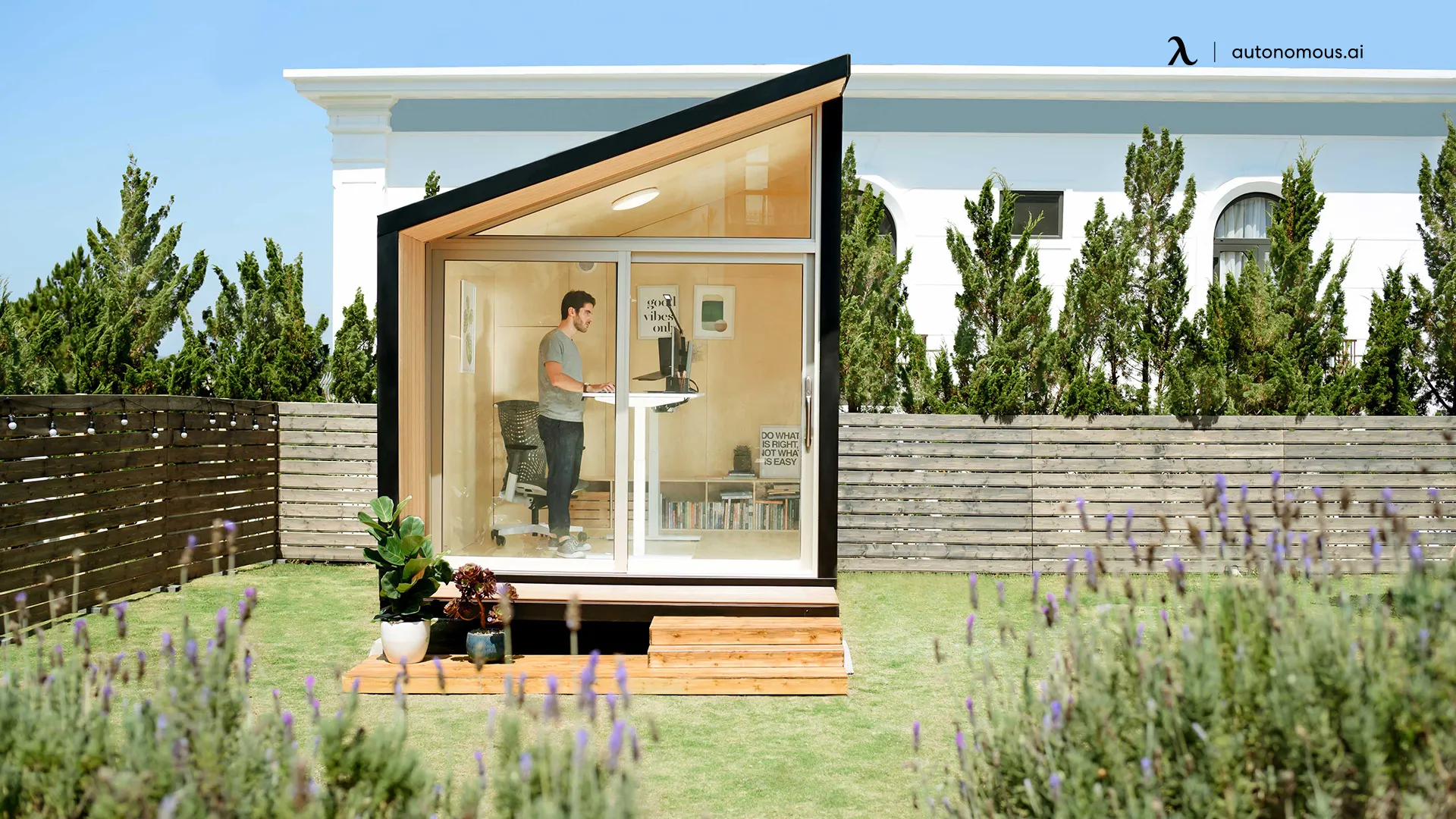
Conclusion
In Miami, Florida, where hurricanes are a constant threat, choosing between modular and manufactured homes is a crucial decision. Both types of homes can be designed to withstand the destructive forces of hurricanes. Investing in a hurricane-proof home is a commitment to resilient and sustainable living. By using innovative construction techniques and adhering to strict building codes, you can ensure that your home will stand strong against the unpredictable forces of nature.
Whether you go for the flexibility of modular homes, the efficiency of Florida manufactured homes, or the robustness of a hurricane-proof design, your choice contributes to the vibrant tapestry of resilient living in the Sunshine State. These tiny ADUs in Miami embody a harmonious blend of style, durability, and the assurance that your home is not just a sanctuary, but a stronghold against the elements.
Spread the word
.svg)


.webp)
.webp)




